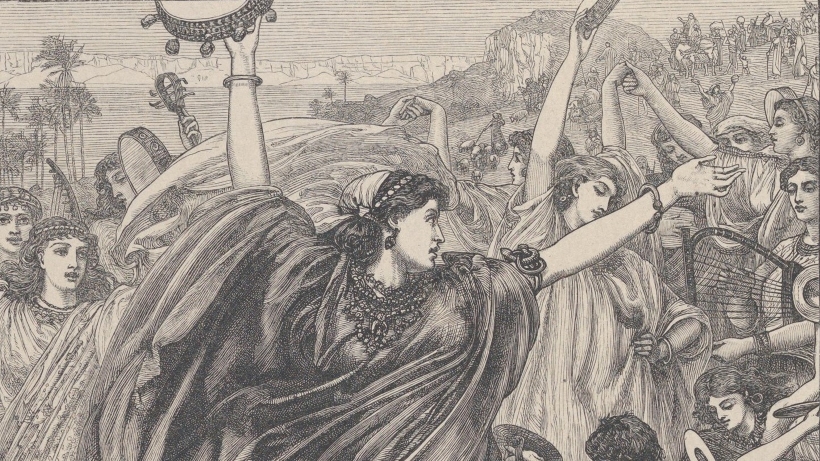“Don’t forget your water bottle!” “Three big gulps right now!” These were the often-repeated sayings that were shouted almost every time we got on and off the bus on my first trip to Israel. It became a joke among us because it seemed that no matter what we were doing, our group leaders were always fixated on our fluid intake. To their credit, they didn’t want us to pass out from heat stroke or dehydration, but the amount of time spent talking about water on that trip felt like overkill. Fast forward a bit, and now I feel like I spend a quarter of my day tracking water consumption, whether drinking or just locating my water bottle or my children’s water bottles. If someone has a headache, the response is “Did you drink enough water?” If someone has a tummy ache, the answer is “Try some water.” My how the water tables have turned.

Water isn’t just a resource we need to live; it plays an important role in Jewish tradition beyond ensuring that living things can thrive. From the water used in ritual hand washing to the mikveh to tahara, the ritual washing of a body after death, water can transform from the inside out and the outside in. And this is no more evident than in our Torah portion for this week.
Our parshah this week, Parshat Chukat, is full of plot twists and new experiences for the Israelites. The lands of Sichon and Og are conquered, both Miriam and Aaron die, and we learn that Moshe will not be allowed to enter into the land of Israel. When Miriam dies, we’re given one more water miracle on her behalf, with water flowing from the rock. We also learn that the reason Moshe and Aaron are not allowed to enter the land of Israel is because of the incident in which they struck the rock out of frustration instead of speaking to it as God had commanded. The text concludes with praise and thanks being sung to God for the water of the well.
In chapter 20, verse 11 we read “and the people and their beasts drank.” This follows a passage that details Miriam’s death and then their lack of water to drink. This isn’t the first time the Israelites have been cranky about water. Immediately following the Exodus from Egypt they complained about water, then again a few chapters later. Throughout these passages, Miriam is associated with water because she seems to always show up when the people need it. Thus, it is fitting that after her death, they are dehydrated.
It’s interesting, however, that the “beasts” are included in this phrase. The beasts weren’t complaining, the people were. Why would this suddenly be a time to call out the hydration status of the animals? Perhaps it was because the people drank like beasts, each concerned only with their own thirst. Moses and Aaron are trying to grieve and process the death of their sister, and everyone around them is focused on their personal survival, and maybe rightly so. I don’t think the biggest lesson in this Torah portion is a reminder to get enough water or a warning about complaining to get what we want. The biggest lesson is that hydrating is an act of self-preservation, and we can’t care for the community if we don’t first see to our own needs.



